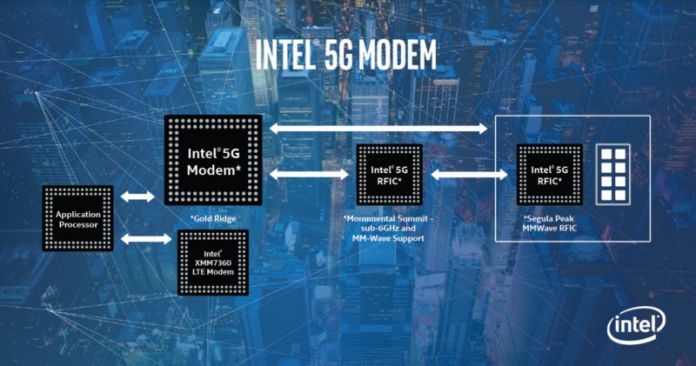The companies have since signed a contract for parts, likely including 5G modems, which would cut off one of Intel’s biggest avenues to sell its tech. “In light of the announcement of Apple and Qualcomm, we assessed the prospects for us to make money while delivering this technology for smartphones and concluded at the time that we just didn’t see a path,” said Bob Swan to The Wall Street Journal. According to Bloomberg, Apple sided with Qualcomm because it felt Intel’s 5G chips weren’t up to the task. Intel was providing modems for previous iPhones, but Qualcomm’s have consistently managed better speeds. Still, at the time of its withdrawal, Swan stated that “5G continues to be a strategic priority across Intel”. Aside from mobile, Intel could offer chips for laptops, 2-in-1’s and even desktops, as well as tapping into the market in other ways. Whatever the case, the agreement with Qualcomm should mean capable 5G phones are in user’s hands sooner. Last year, Intel had planned to fast track its XMM 8160 chip, skipping the XNM 8060 entirely, but the gamble doesn’t’ seem to have paid off. Under Qualcomm, it wouldn’t be a stretch to imagine capable iPhones next year. With the latest Samsung Galaxy already sporting the tech and efforts from Huawei and OnePlus in the works, moving away from Intel could give Apple a much-needed boost.




